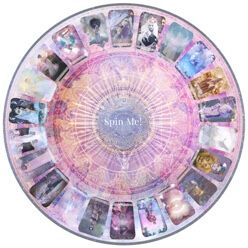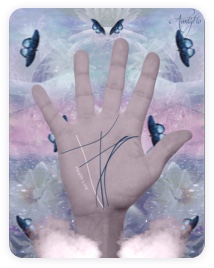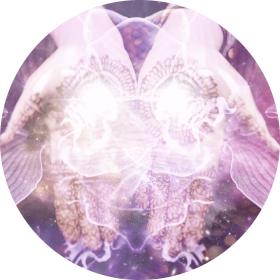Paganism

Paganism is hard to define without separating out the technical meaning of the word with the more modern understanding of it. The technical term ‘pagan’ is a Latin variant of pagania and paganus, indicating one who lived in the country or literally ‘rural dweller’. It is not simply that these people lived in the country, but more specifically, once the cities in Rome were taken over by Christianity those who lived outside of the city tended to keep a more ‘nature friendly’ religion. Thus the term was referring to those that practiced various local traditions that often included animal sacrifice, graven image creation (like the wicker man for Lughnasadh), dancing, earth worshipping, and reverence for nature in general. All of this, compared to the more modern use of the word, is different than the modern understanding of paganism which is a shortened form of ‘neo-pagan’.
Modern paganism is a broad umbrella term in which other polytheistic faiths (the worshipping of multiple deities) reside under. You can ask 20 people who identify as being pagan to define the word and ultimately get back 20 different responses. Pagans of today are referred to generally as individuals who practice witchcraft, magik, Wicca, or some earth-based polytheistic religion. When you look at it that this way; this leaves a lot of room for interpretation!
Pagans themselves do not necessarily belong to any tradition or religion but they certainly can. Some pagans will be Wiccan (a nature based Goddess and God worshipping religion) and some will simply consider themselves witches and yet still others are more agnostic than anything but open minded and don’t consider themselves Christian, Islamic, or Jewish and lump themselves into the pagan category.
You also have a large group of people that practice their faith based on older traditions and focus on one deity among many. For example, a person may consider themselves a ‘Dianic’ when they follow a tradition that worships the mythological Goddess Diana and follow her as the name of the ultimate deity. When you find these people who follow stricter traditions, they usually also accept that there are other deities but have bound themselves to one.
Most modern pagans still practice many old traditions, however often in a much different way. Consider that most people today are not as reliant on the earth as our ancestors were and so the tradition of appeasing the gods for a good grain crop is less relevant than simply appreciating the god and goddess for a good season and taking an active role in the spiritual cycle of life.
Perhaps some of the oldest modern pagans are witches who follow the Gardenarian (Followers of a tradition founded by Gerald Gardner) or Alexandrian traditions. These people are of a witchcraft tradition that follow strict laws of the universe, adhere to the will of the God and Goddess, and incorporate ceremonial magik and earth based magic into their rites.
Truly the idea of being pagan today is more of a spiritual orientation, rather than a religion in its own right. There is an understanding between pagans that there are natural cycles of life, flows of energy, and purpose to humans on their path. How each pagan interprets or follows the path is what can be left up for debate. Sometimes it is simply easier to proclaim to be ‘pagan’ rather than explaining the intricacies of your true religion.
By Flo Saul
Nov 6, 2012






